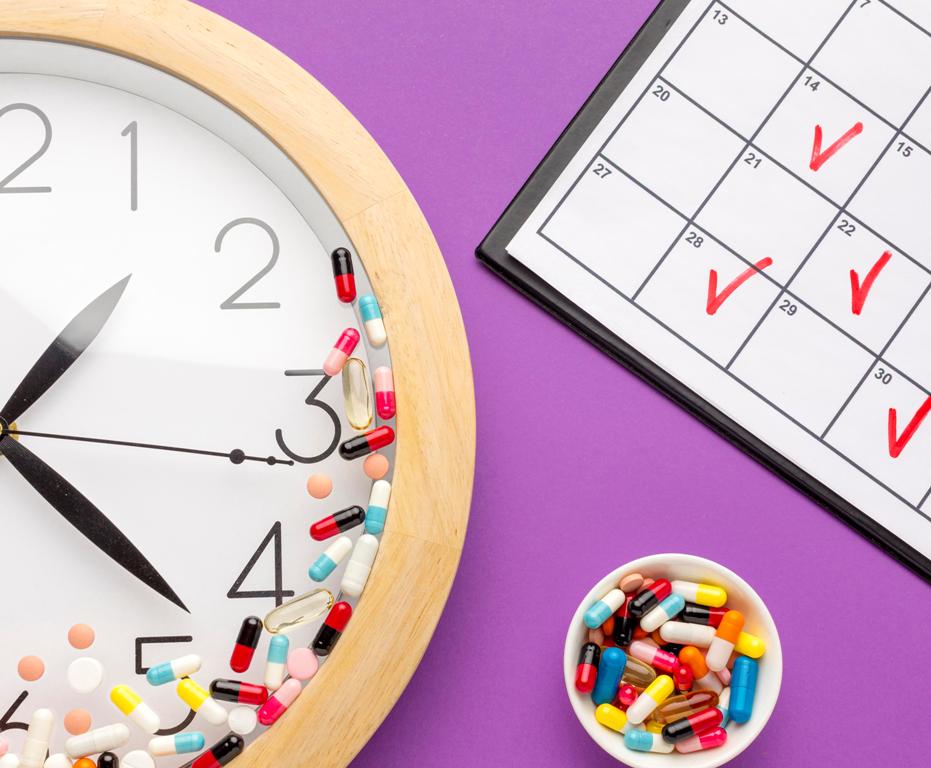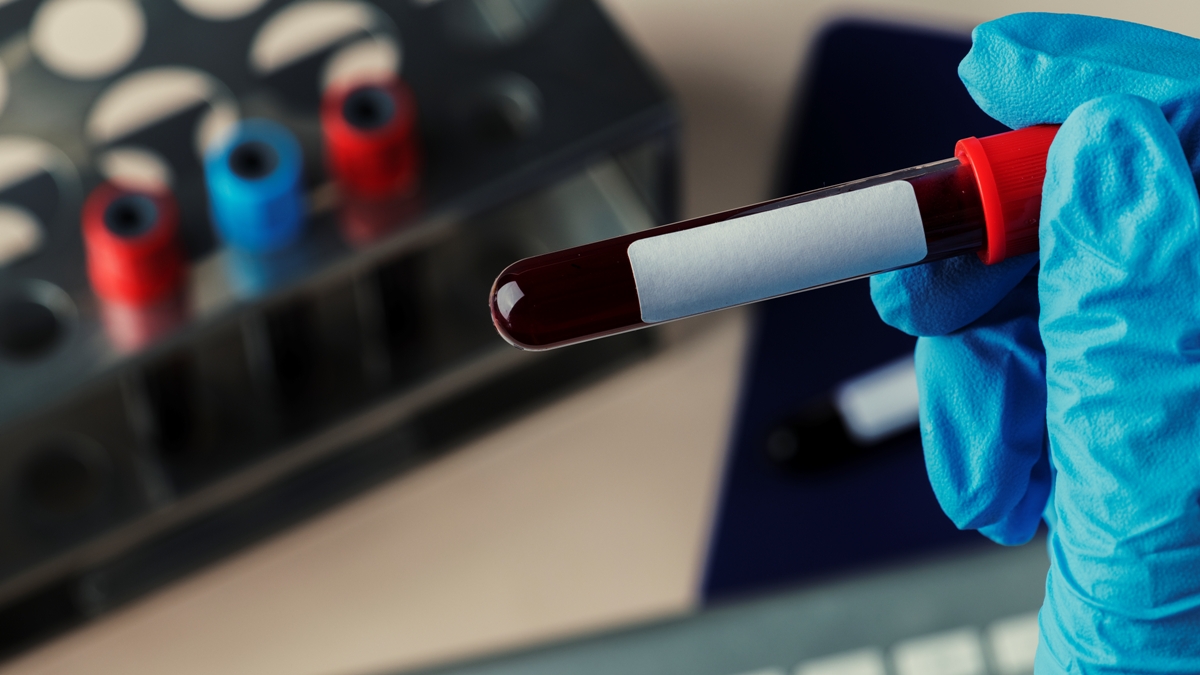Vitamin D is essential for our health, playing a crucial role in bone strength, immune function, and overall well-being. However, many people suffer from Vitamin D deficiency due to various factors, including limited sun exposure and dietary insufficiency. This article will delve into how long it takes for Vitamin D supplements to work, exploring the timeline, influencing factors, and tips for effective supplementation.
Table of Contents
- Understanding Vitamin D and Its Importance
- Vitamin D Deficiency: Causes and Symptoms
- Types of Vitamin D Supplements
- Factors Influencing the Effectiveness of Vitamin D Supplements
- Timeline: How Long Do Vitamin D Supplements Take to Work?
- Monitoring Your Vitamin D Levels
- Potential Side Effects and Risks of Vitamin D Supplements
Key Takeaways
- Vitamin D is vital for bone health and immune function.
- Deficiency can lead to fatigue, bone pain, and mood changes.
- Vitamin D3 is more effective than D2 in raising blood levels.
- Supplements may take a few weeks to several months to show effects.
- Factors like dosage, absorption, and individual health can influence effectiveness.
Understanding Vitamin D and Its Importance
What is Vitamin D?
Vitamin D is a fat-soluble vitamin that is critical for maintaining bone health and supporting the immune system. There are two main types of Vitamin D: Vitamin D2 (ergocalciferol) and Vitamin D3 (cholecalciferol). While both types can increase Vitamin D levels, D3 is generally considered more effective.
The Role of Vitamin D in the Body
Vitamin D helps the body absorb calcium, which is essential for strong bones and teeth. Additionally, it plays a role in muscle function, cardiovascular health, and the modulation of cell growth. A deficiency in Vitamin D can lead to a variety of health issues, including osteoporosis, rickets in children, and an increased risk of chronic diseases.
Sources of Vitamin D
The primary sources of Vitamin D include sunlight exposure, certain foods, and supplements. Sunlight triggers the production of Vitamin D in the skin, while foods like fatty fish, fortified dairy products, and eggs provide dietary sources. For many people, especially those living in areas with limited sunlight, supplements are a vital source of Vitamin D.
Vitamin D Deficiency: Causes and Symptoms
Common Causes of Vitamin D Deficiency
Vitamin D deficiency can arise from a lack of sufficient sunlight exposure, which is more common in higher latitudes or during the winter months. Other causes include poor dietary intake, certain medical conditions that affect absorption (such as Crohn’s disease or celiac disease), and the use of medications that interfere with Vitamin D metabolism.
Symptoms of Vitamin D Deficiency
Individuals with Vitamin D deficiency may experience a range of symptoms, including:
- Fatigue and general tiredness
- Bone pain and muscle weakness
- Mood changes, such as depression
- Frequent infections due to a weakened immune system
Types of Vitamin D Supplements
Vitamin D2 vs. Vitamin D3
Vitamin D3 is often preferred over Vitamin D2 because it is more effective at raising and maintaining adequate levels of Vitamin D in the blood. Studies have shown that D3 is more potent and has a longer duration of action compared to D2.
Forms of Vitamin D Supplements
Vitamin D supplements come in various forms, including pills, liquids, and sprays. Fortified foods such as milk, orange juice, and cereals can also provide additional Vitamin D. The choice of supplement form often depends on personal preference and convenience.
Factors Influencing the Effectiveness of Vitamin D Supplements
Dosage and Frequency
The dosage of Vitamin D supplements plays a significant role in how quickly they work. Higher doses can increase blood levels more rapidly, but it is essential to follow medical advice to avoid toxicity. Daily or weekly supplementation is commonly recommended for maintaining adequate levels.
Individual Factors
Several individual factors can influence the effectiveness of Vitamin D supplements, including age, body weight, baseline Vitamin D levels, and overall health. Older adults and those with higher body fat percentages may require higher doses to achieve the same effect as younger, leaner individuals.
Absorption Factors
Vitamin D is a fat-soluble vitamin, meaning it is best absorbed when taken with a meal containing fat. Taking supplements with a source of dietary fat can significantly improve absorption and enhance effectiveness.
| Factor | Impact on Vitamin D Absorption |
|---|---|
| Meal Composition | Higher absorption with fat-containing meals |
| Age | Older adults may have reduced absorption |
| Health Conditions | Conditions like Crohn’s disease can impair absorption |

Timeline: How Long Do Vitamin D Supplements Take to Work?
Initial Effects
In the first few days of taking Vitamin D supplements, you may not notice any immediate changes. However, this does not mean the supplements are not working. The body is starting to adjust and increase blood levels of Vitamin D.
Short-Term Improvements
After a few weeks, some individuals begin to notice improvements in symptoms related to Vitamin D deficiency. These can include reduced fatigue, improved mood, and less frequent infections.
Long-Term Benefits
Consistent use of Vitamin D supplements over several months can lead to significant health improvements. Bone density can increase, muscle strength can improve, and the immune system can function more effectively. It is important to be patient, as the body takes time to replenish its stores and fully benefit from the supplementation.
Case Studies and Research Findings
Research studies have shown that Vitamin D supplementation can start to show measurable effects within 4-6 weeks, but significant health benefits often become more apparent after 3-6 months. Individual responses can vary based on baseline levels and overall health.

Monitoring Your Vitamin D Levels
Importance of Regular Testing
Regular testing of blood Vitamin D levels is crucial to ensure that you are achieving and maintaining optimal levels. This can help in adjusting the dosage of supplements and preventing potential toxicity.
Interpreting Test Results
Optimal blood levels of Vitamin D are generally considered to be between 30-50 ng/mL. Levels below this range indicate deficiency, while levels above may suggest over-supplementation. It’s important to work with a healthcare provider to interpret these results accurately.
Adjusting Supplement Intake Based on Results
Based on your blood test results, your healthcare provider may recommend adjusting your Vitamin D supplement dosage. If your levels are still low, they might suggest increasing the dose or frequency. Conversely, if your levels are too high, reducing the dosage or taking a break from supplementation might be necessary to prevent toxicity.

Potential Side Effects and Risks of Vitamin D Supplements
Common Side Effects
While Vitamin D supplements are generally safe for most people, some may experience side effects, especially at higher doses. Common side effects include:
- Nausea
- Vomiting
- Constipation
- Loss of appetite
Risks of Over-Supplementation
Excessive intake of Vitamin D can lead to Vitamin D toxicity, which is rare but serious. Symptoms of toxicity include:
- Hypercalcemia (high levels of calcium in the blood)
- Kidney damage
- Weakness
- Frequent urination
It is important to adhere to recommended dosages and consult with a healthcare provider before making any significant changes to your supplement regimen.
How to Avoid Side Effects
To minimize the risk of side effects and avoid Vitamin D toxicity, consider the following tips:
- Follow recommended dosages and avoid high-dose supplements unless prescribed by a healthcare provider.
- Take supplements with meals to improve absorption and reduce gastrointestinal discomfort.
- Monitor your blood levels regularly and adjust your dosage as needed.
Frequently Asked Questions (FAQs)
How long does it take for Vitamin D supplements to start working?
Vitamin D supplements typically start to show effects within a few weeks, but it can take several months to experience the full benefits. Individual responses may vary based on factors like dosage, baseline levels, and overall health.
Can you feel the effects of Vitamin D supplements immediately?
Most people will not feel immediate effects from taking Vitamin D supplements. It takes time for the body to increase blood levels and address deficiencies. Noticeable improvements in symptoms often occur after a few weeks to months of consistent supplementation.
What is the best time of day to take Vitamin D supplements?
The best time to take Vitamin D supplements is typically with a meal containing fat, as this can enhance absorption. Many people find it convenient to take their supplements with breakfast or lunch.
How much Vitamin D should I take per day?
The recommended daily intake of Vitamin D varies by age, health status, and exposure to sunlight. Generally, adults should aim for 600-800 IU per day, but some may need higher doses based on individual needs. Consult with a healthcare provider for personalized recommendations.
Can Vitamin D deficiency be treated with sunlight alone?
Sunlight is a natural source of Vitamin D, and regular sun exposure can help maintain adequate levels. However, for many people, especially those living in areas with limited sunlight, supplementation is necessary to achieve and maintain optimal levels.
Are there any foods that can help improve Vitamin D levels quickly?
Foods rich in Vitamin D include fatty fish (such as salmon and mackerel), fortified dairy products, egg yolks, and certain mushrooms. Incorporating these foods into your diet can help boost your Vitamin D levels, but supplements may still be needed for significant deficiencies.
How do I know if my Vitamin D supplements are working?
The best way to determine if your Vitamin D supplements are working is to monitor your blood levels through regular testing. Additionally, improvements in symptoms like reduced fatigue, better mood, and fewer infections can indicate that the supplements are effective.
What are the signs of Vitamin D overdose?
Signs of Vitamin D overdose include hypercalcemia (high blood calcium levels), nausea, vomiting, weakness, and frequent urination. If you experience these symptoms, it is essential to seek medical advice and adjust your supplement intake accordingly.






